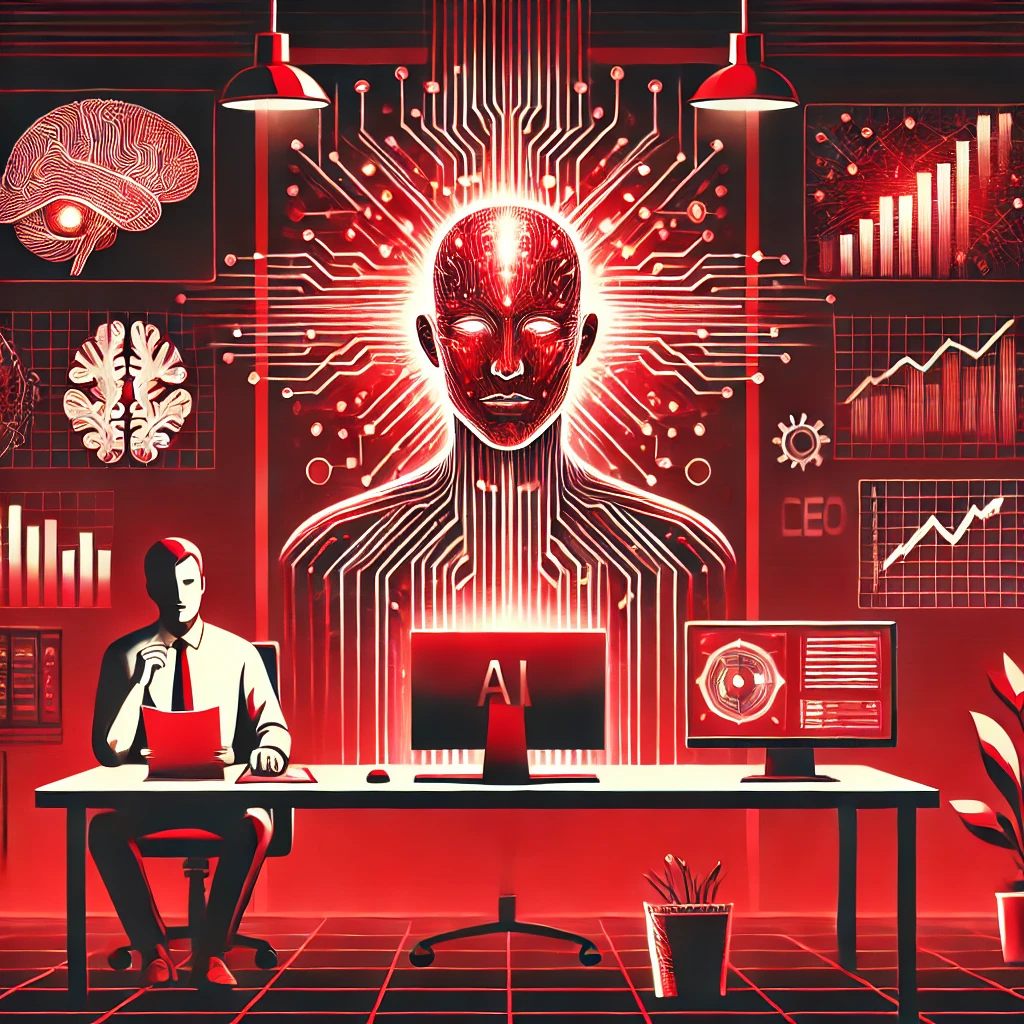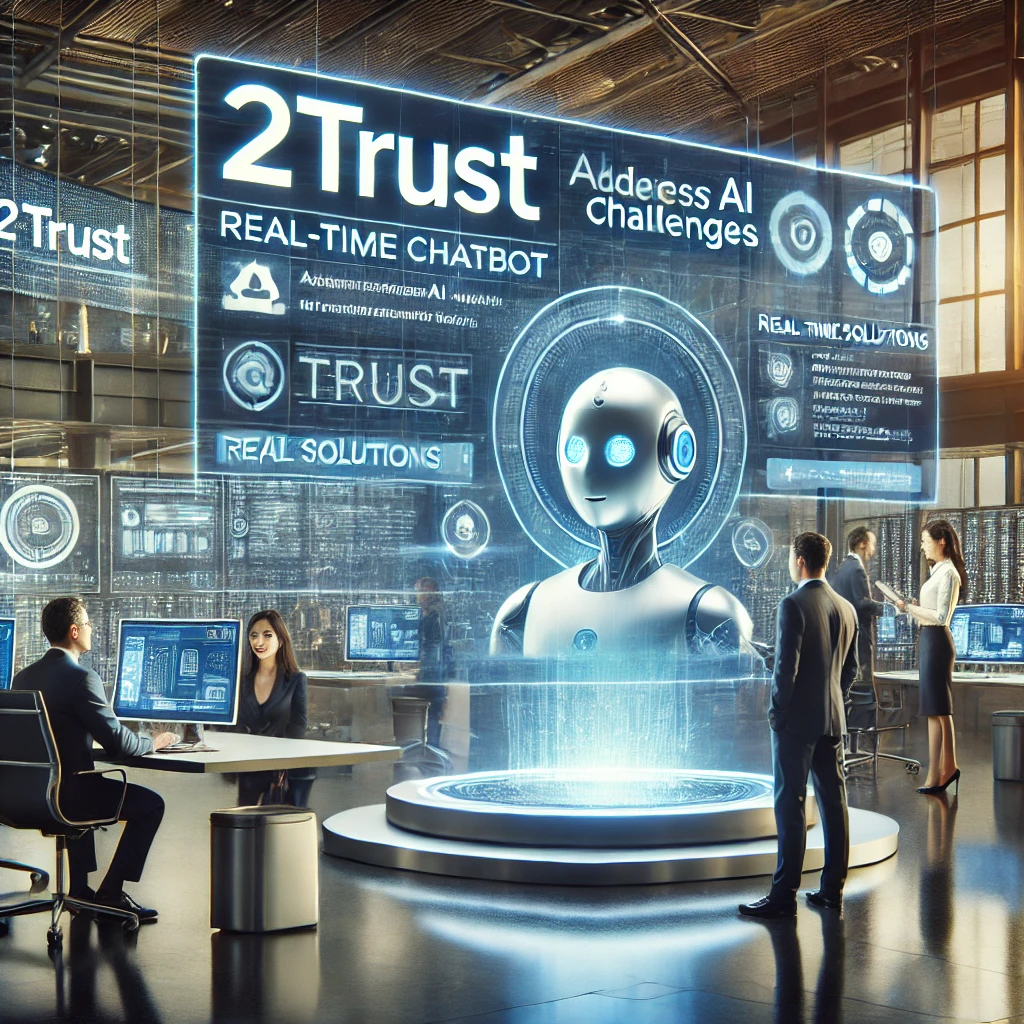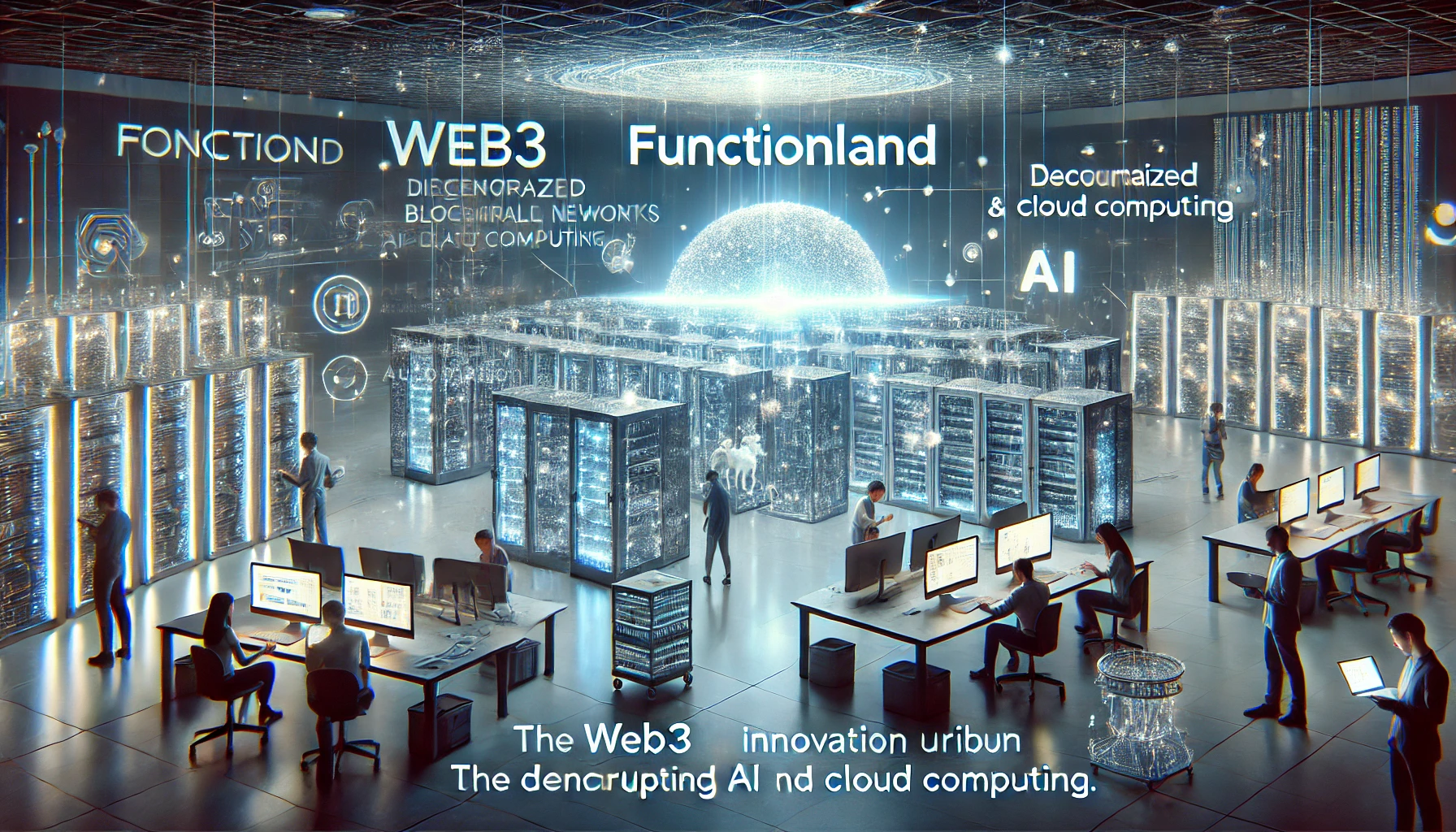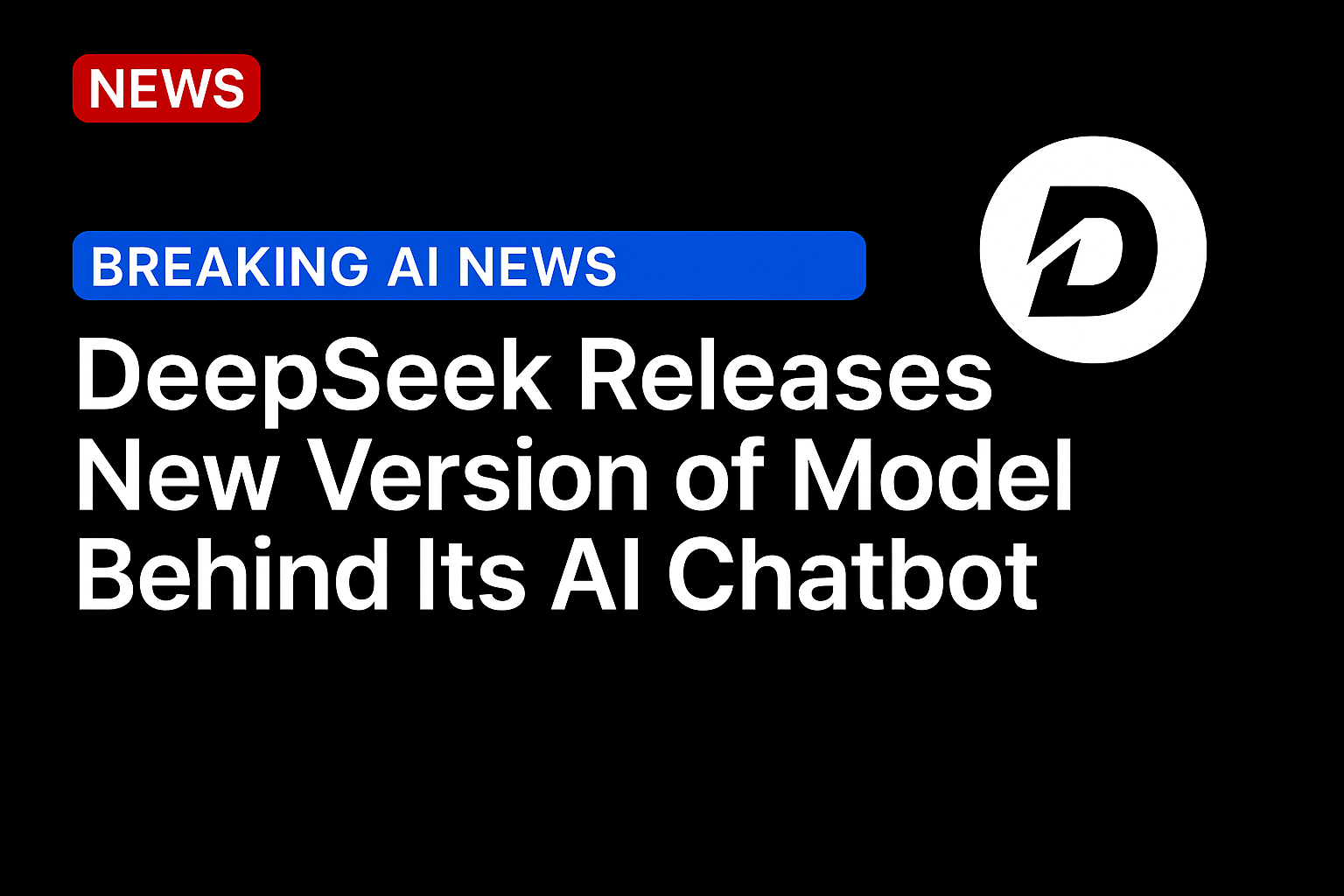As artificial intelligence continues to evolve, its capabilities are extending far beyond traditional data processing and automation. Generative AI, a subset of AI that can create new content, solve complex problems, and make strategic decisions, is now being considered for roles traditionally held by humans, including in the C-suite. The question on the minds of many business leaders and technologists is: Could AI step into the role of CEO, and, if so, could it outperform human executives?
AI’s Growing Role in Leadership
AI is already transforming industries through data-driven insights, automating decision-making, and enhancing efficiency. In recent years, AI models have been used to assist in strategic planning, optimize operations, and forecast market trends—tasks that are key components of a CEO’s responsibilities. With the advent of generative AI, these systems are not just reactive; they are beginning to take on more proactive, creative roles, even suggesting new business models or product innovations.
Some studies and real-world examples suggest that AI can outperform human CEOs in certain areas. For instance, AI can process vast amounts of data quickly, avoid emotional biases in decision-making, and offer consistency in performance. These attributes make AI an appealing option for businesses looking to streamline operations and reduce human error in leadership decisions.
Where AI Outshines Human CEOs
- Data Analysis and Forecasting: Generative AI can process and analyze massive datasets far more quickly than a human CEO, allowing it to identify trends, risks, and opportunities with a high degree of accuracy. This ability to make data-driven decisions in real-time could help companies respond more swiftly to market changes.
- Objective Decision-Making: Unlike human leaders, AI lacks emotions and biases, making it better suited for impartial decision-making. Generative AI can evaluate situations purely based on data, which can be especially useful in high-stakes or stressful situations where human leaders might be influenced by external pressures.
- Scalability and Efficiency: AI can manage multiple tasks simultaneously, scaling across departments and projects without fatigue. This efficiency allows for faster, more streamlined decision-making processes and can help businesses become more agile in their response to challenges and opportunities.
- Cost-Effectiveness: Replacing or supplementing a CEO with an AI system could theoretically reduce costs related to executive compensation, benefits, and other human resource expenses, making it a financially attractive option for some organizations.
The Human Touch: Why CEOs Aren’t Going Anywhere Yet
While AI may excel in data processing and logical decision-making, there are crucial aspects of leadership where human CEOs still have a clear advantage:
- Emotional Intelligence and Leadership: Leadership is more than just making decisions based on data; it’s about inspiring people, building relationships, and navigating complex social dynamics. AI currently lacks the emotional intelligence required to lead, motivate, and build trust within an organization, making it difficult to fully replace the human CEO.
- Creativity and Vision: While generative AI can create new content and offer innovative ideas, it is still largely reliant on the data it has been trained on. Human CEOs, on the other hand, bring a unique blend of experience, intuition, and creativity that enables them to envision new possibilities and think outside the box—qualities that are hard to replicate with AI.
- Ethical and Moral Decision-Making: Business leaders often face moral and ethical dilemmas that require a deep understanding of human values, empathy, and judgment. AI lacks the ability to navigate these gray areas, where the “right” decision isn’t always clear-cut.
- Adaptability to Change: While AI can analyze patterns and predict future outcomes, human CEOs are better equipped to handle unpredictable challenges, crises, or shifts in societal expectations. Human leaders can pivot strategies, adapt to change, and offer the kind of nuanced, empathetic response that AI systems cannot yet replicate.
The Future of the CEO Role in an AI-Driven World
Rather than fully replacing human CEOs, AI is more likely to serve as a powerful tool to augment leadership capabilities. Generative AI could take over many of the more routine, data-heavy tasks, freeing up human CEOs to focus on more strategic, interpersonal, and creative aspects of their roles. This hybrid approach would combine the best of both worlds—AI’s analytical power and efficiency, paired with human insight and leadership skills.
In some cases, we may see AI systems taking on “co-CEO” roles, assisting human leaders with decision-making, risk management, and long-term planning. Already, AI is being integrated into the decision-making processes of many companies, and it is likely that we will see an increasing number of AI-driven tools designed specifically for C-suite use.
Conclusion: The CEO’s Role Is Evolving
While AI has the potential to outperform human CEOs in specific areas, it lacks the emotional intelligence, creativity, and adaptability that make human leadership so valuable. In the near term, AI will likely complement rather than replace CEOs, serving as a powerful tool to help them make better, more informed decisions. The future may hold a scenario where AI plays a more prominent role in the C-suite, but for now, human CEOs remain irreplaceable for the most critical aspects of leadership.
As AI continues to evolve, so too will the role of the CEO, creating new opportunities and challenges for business leaders as they navigate an increasingly AI-driven world.





